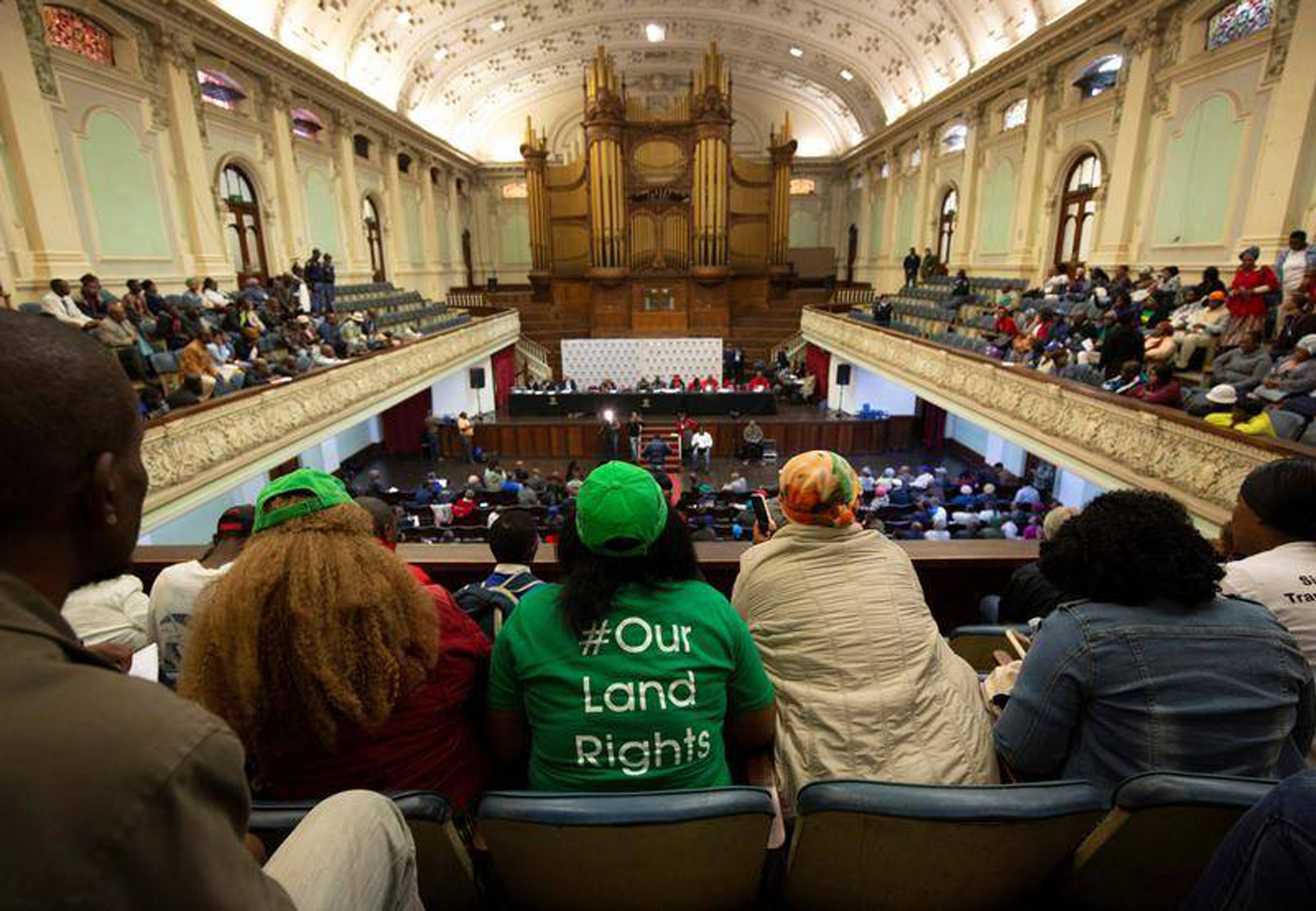By Zoe Tabary—Dec. 28 2018
Battles over land and who owns it are unleashing unprecedented conflict as governments and companies seek access to more of the world’s natural resources, while digital property, like personal data, is an increasingly prized commodity.
With an estimated 70 percent of the world unmapped, more than 5 billion people lack proof of ownership, according to the Lima-based Institute for Liberty and Democracy.
From land reform in South Africa to ancestry websites in the United States, here are five property rights hotspots for 2019:
1. INDIGENOUS RIGHTS IN BRAZIL
Proposed policies by Brazil’s right-wing President-elect Jair Bolsonaro, who takes office on Jan. 1, could lead to indigenous people losing lucrative land and cause serious damage to the environment, researchers and campaigners warn.
Bolsonaro has said he will deny new land claims by indigenous tribes and favours opening land to commercial mining and farming. He argues they have a right to charge royalties to improve their quality of life and to integrate with the rest of Brazil, comparing them to animals trapped in a zoo.
“Along with a number of damaging policy proposals, the moves planned by Brazil’s new president truly threaten a human rights and environmental catastrophe with global implications,” said Rachel Cox of British-based campaign group Global Witness.
2. LAND MAPPING IN INDIA
Nearly half of India’s population is forecast to live in cities by 2025 as people leave villages to seek better prospects, according to demographers, but many end up in slums with no claim on the land or access to basic services.
A programme by the state housing department in the eastern state of Odisha and charity Tata Trusts is trying to change that by giving land rights to about 1 million slum dwellers.
The initiative aims to distribute titles to 200,000 households after drone surveys and door-to-door interviews helped map the slums and fix property boundaries.
Officials in Mumbai, where about 60 percent of the population lives in informal settlements, are also mapping slums with drones while Maharashtra state is launching a similar exercise for rural land holdings.
3. SOUTH AFRICA’S LAND REFORM
More than two decades after the end of apartheid, whites still own most of the land in resource-rich South Africa and ownership remains a highly emotive subject ahead of next year’s national election.
South Africa enshrines security of tenure in its constitution but the government rides roughshod over locals by promoting controversial mining deals, according to Aninka Claassens, director of the University of Cape Town’s Land and Accountability Research Centre.
“Government is … rushing a bill through parliament that would empower traditional leaders to unilaterally sign mining deals without the permission of the people whose land rights are directly affected,” she said in emailed comments.
Read more at Thomson Reuters Foundation News.




